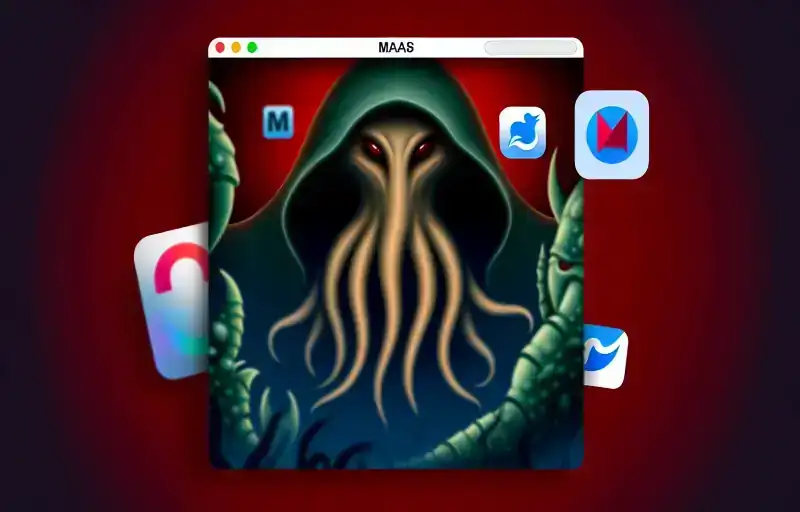
“Unmasking the Menace: Explore Cthulhu Stealer, the Chameleon Malware Disguised as Trusted Apps on macOS.”
Exploring Cthulhu Stealer: Unveiling the Malware Masquerading as Popular macOS Applications
In the shadowy corners of the internet, a new threat has emerged, targeting unsuspecting users of Apple macOS. Dubbed the Cthulhu Stealer, this malware cleverly masquerades as legitimate and popular software applications, including CleanMyMac, GTA IV, and Adobe GenP. This deceptive strategy preys on the trust and familiarity users have with these well-known programs, making the Cthulhu Stealer particularly insidious and effective in its malicious missions.
The Cthulhu Stealer is not just another piece of malware; it is a sophisticated tool available on the Malware-as-a-Service (MaaS) market, designed to infiltrate both x86_64 and ARM architectures of macOS systems. This dual capability ensures that it can run on a wide range of Apple devices, broadening its potential victim base. The use of an Apple disk image (DMG) format for distribution adds another layer of authenticity to the scam, as DMG files are commonly used by macOS users to install new software.
Once installed, the Cthulhu Stealer goes to work, harvesting a variety of sensitive information from the infected host. This can include, but is not limited to, passwords, financial data, and personal identification details. The stealthy nature of this malware allows it to operate undetected for extended periods, giving it ample time to extract a significant amount of data, which can then be used for various nefarious purposes ranging from identity theft to financial fraud.
The emergence of Cthulhu Stealer highlights a worrying trend in cyber threats where attackers not only exploit software vulnerabilities but also manipulate user behavior and trust. By disguising their dangerous payloads as popular and trusted applications, cybercriminals can bypass the initial skepticism that users might have when downloading software from the internet. This strategy is particularly effective on macOS, a platform that many users erroneously believe is immune to viruses and malware due to its secure reputation.
The implications of such attacks are profound. As users grow accustomed to downloading what they perceive as safe and reliable software updates or new applications, they inadvertently lower their guard. This shift in user behavior provides a perfect opening for malware like Cthulhu Stealer to infiltrate systems. The situation is exacerbated by the sophisticated nature of this malware’s distribution method, which uses legitimate-looking disk images that further blur the lines between genuine and malicious software.
For macOS users, the rise of malware like Cthulhu Stealer serves as a stark reminder of the importance of vigilance in digital spaces. It underscores the necessity for heightened scrutiny when downloading and installing software, particularly from sources that may not be as secure as they appear. Users must also stay informed about the latest cybersecurity threats and understand that no operating system is completely safe from attack.
The Cthulhu Stealer represents a significant evolution in the landscape of cybersecurity threats against macOS systems. By masquerading as legitimate applications, this malware exploits user trust and familiarity, making it exceptionally dangerous. As cybercriminals continue to refine their methods and tools, the need for robust cybersecurity measures and user education becomes more urgent than ever. It is only through continued vigilance and informed caution that users can hope to protect themselves against such deceptive and harmful threats.














